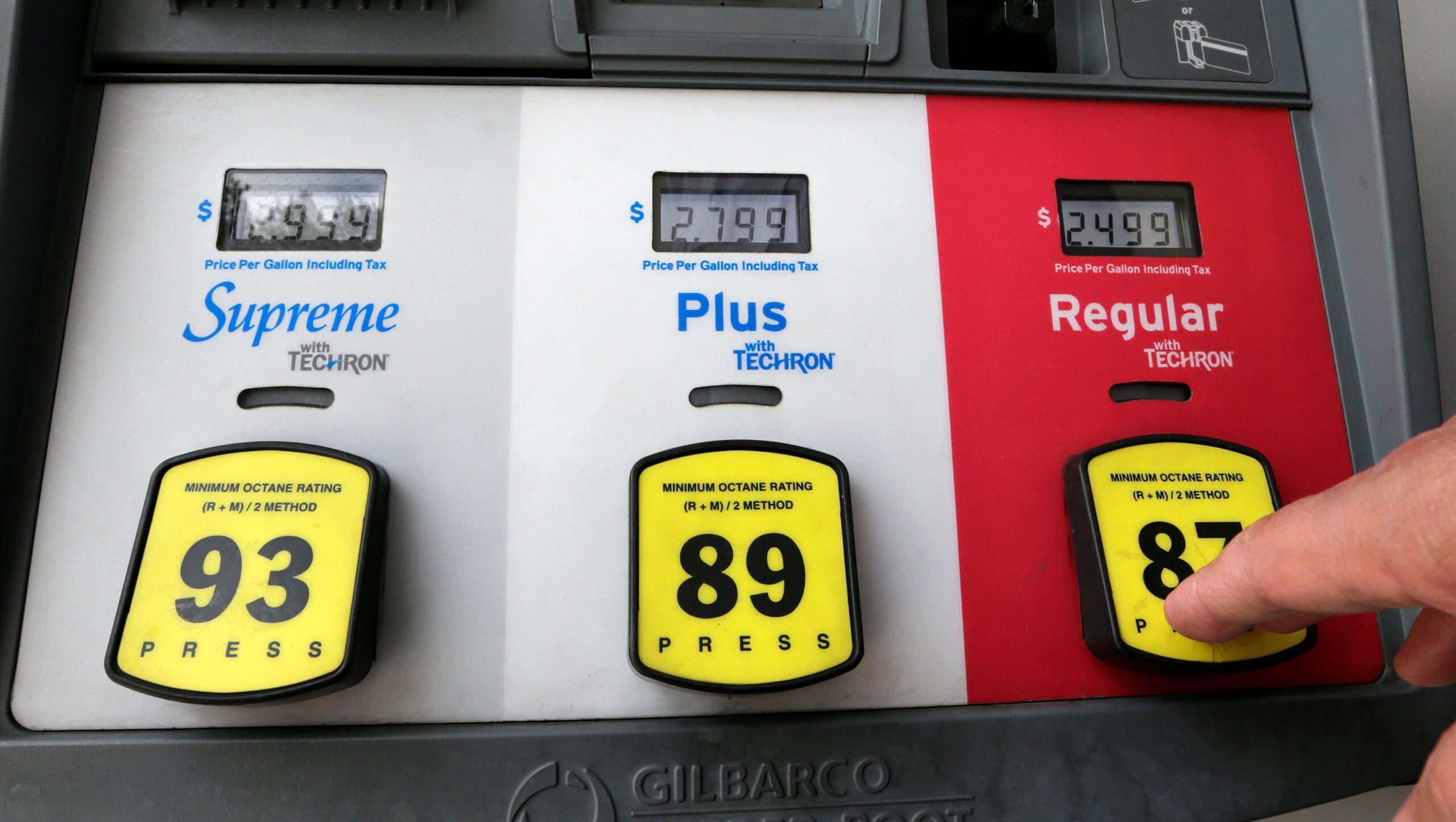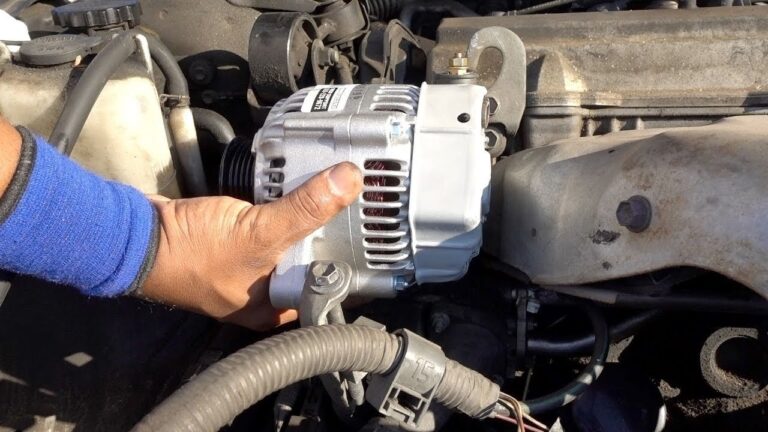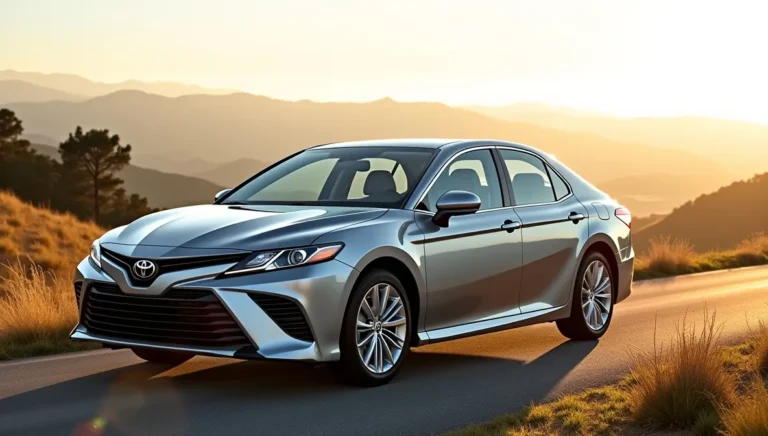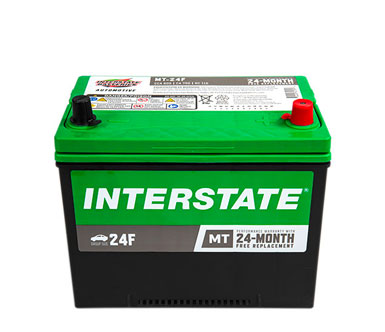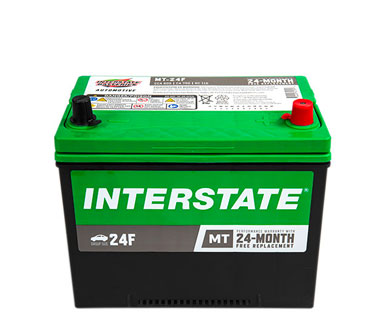How Many Gallons of Gas Does Toyota Camry Hold
The toyota camry can hold up to 16 gallons of gas. The camry has a fuel tank capacity of 16 gallons, allowing for extended driving without the need for frequent refueling.
With its efficient fuel economy and spacious interior, the toyota camry is a popular choice among drivers for its reliability and practicality. Whether commuting to work or embarking on a road trip, the camry’s generous fuel tank capacity ensures that you can go the distance without interruption.
With its sleek design and impressive performance, the toyota camry offers both style and functionality, making it a versatile and dependable vehicle for all types of journeys.

Credit: www.jdpower.com
Fuel Capacity: How Many Gallons Of Gas Does A Toyota Camry Hold?
Standard Fuel Capacity Of A Toyota Camry
- The standard fuel capacity of a toyota camry is an important aspect to consider when purchasing a sedan.
- A full tank of gasoline can vary depending on the specific model and trim of the camry.
- On average, the fuel tank capacity of a toyota camry ranges from approximately 14 to 17 gallons.
Fuel Tank Capacity Of Toyota Camry Models
- Different trims of the toyota camry may have slightly different fuel tank capacities.
- For example, the l and le trims typically have a fuel tank capacity of around 14.5 gallons.
- The se and xse trims often have a slightly larger fuel tank capacity of about 15.8 gallons.
- The range-topping xle trim is known to have a fuel tank capacity of around 16 gallons.
Range Of Miles Per Gallon (Mpg) For Toyota Camry
- The miles per gallon (mpg) is a measure of a vehicle’s fuel efficiency.
- The toyota camry offers a respectable range of mpg, allowing you to go further on each tank of gas.
- The exact mpg may vary depending on factors such as driving conditions and trim level.
- On average, the toyota camry can achieve anywhere from 22 to 34 mpg.
Fuel Efficiency And Gas Consumption Of Toyota Camry Models
City mpg:
- The city mpg of a toyota camry refers to the fuel efficiency when driving in urban areas or stop-and-go traffic.
- The city mpg typically ranges from approximately 22 to 28 mpg for different camry models.
Highway mpg:
- The highway mpg of a toyota camry indicates the fuel efficiency when driving at constant speeds on highways or open roads.
- The highway mpg for the camry can vary from around 32 to 41 mpg, depending on the specific trim.
Combined mpg:
- The combined mpg of a toyota camry represents the overall fuel efficiency, taking into account both city and highway driving.
- On average, the combined mpg of the camry ranges from approximately 26 to 34 mpg.
Understanding The Fuel Efficiency Of Toyota Camry
- The fuel efficiency of a toyota camry is an essential factor to consider as it affects your overall fuel consumption and costs.
- Higher mpg values mean you can drive more miles on each gallon of gas, saving you money in the long run.
- The toyota camry is known for providing good fuel efficiency, allowing you to strike a balance between power and economy.
Factors Affecting Fuel Consumption In A Camry
Engine type and size:
- The engine type and size can significantly impact the fuel consumption of a toyota camry.
- Smaller, more efficient engines tend to offer better mpg, while larger engines may have lower efficiency.
Transmission type:
- The choice of transmission, whether automatic or manual, can influence the fuel consumption of a camry.
- Modern automatic transmissions are designed to optimize fuel efficiency, while manual transmissions may provide more control but may have slightly lower mpg.
Driving conditions:
- Driving conditions such as traffic congestion, hilly terrain, or weather conditions can affect fuel consumption.
- Stop-and-go traffic and frequent idling can decrease fuel efficiency, while highway driving generally results in better mpg.
Driving style and habits:
- Your driving style and habits also play a role in fuel consumption.
- Aggressive driving, rapid acceleration, and excessive speed can lead to higher fuel consumption.
- Maintaining a steady speed, gradual acceleration, and avoiding unnecessary idling can improve fuel efficiency.
Fuel Efficiency Tips For Toyota Camry Owners
- By following these fuel efficiency tips, you can maximize the miles per gallon your toyota camry can achieve:
Vehicle maintenance and regular servicing:
- Maintain your camry’s engine, tires, and other components as per the manufacturer’s recommendations.
- Regular servicing helps ensure optimal performance and fuel efficiency.
Optimal tire inflation:
- Keep your tires properly inflated according to the manufacturer’s specifications.
- Underinflated tires can increase rolling resistance, reducing fuel efficiency.
Smooth acceleration and braking:
- Practice smooth and gradual acceleration and braking to optimize fuel efficiency.
- Rapid acceleration and hard braking can waste fuel.
Weight reduction and cargo management:
- Remove unnecessary items from your vehicle to reduce weight, improving fuel efficiency.
- Avoid carrying excessive cargo on a regular basis as it can increase fuel consumption.
Comparison With Other Sedans In Terms Of Fuel Capacity
Popular sedans and their fuel capacity:
- When considering the fuel capacity of a toyota camry, it can be useful to compare it with other popular sedans in the market.
- Some comparable sedans and their approximate fuel capacities include:
Honda accord:
- The honda accord typically has a fuel tank capacity ranging from about 14.8 to 15.8 gallons.
Nissan altima:
- The nissan altima usually has a fuel tank capacity ranging from around 16.2 to 18 gallons.
Ford fusion:
- The ford fusion has a fuel tank capacity that varies between approximately 14 and 16.5 gallons.
Does Fuel Capacity Affect Your Decision To Buy A Toyota Camry?
Pros and cons of a larger fuel capacity in a sedan:
Pros:
- With a larger fuel capacity, you can go longer distances without needing to refuel.
- Ideal for long road trips or those who prefer fewer stops at gas stations.
Cons:
- A larger fuel capacity can result in increased weight, potentially affecting fuel efficiency.
- A bigger fuel tank may also take up valuable space in the trunk.
Factors To Consider When Choosing A Car Based On Fuel Capacity:
- When deciding on a vehicle, the fuel capacity should be one of the factors to consider alongside other important aspects.
- Some key factors to consider include your driving habits, anticipated travel needs, and preferences for fuel efficiency.
Frequently Asked Questions On How Many Gallons Of Gas Does Toyota Camry Hold
How Many Gallons Of Gas Does Toyota Camry Hold?
The toyota camry typically holds a fuel capacity of around 16 gallons. This allows for a decent driving range, especially considering the camry’s fuel efficiency and engine performance. With this amount of gas, you can expect to go quite a distance before needing to refuel.
Conclusion
Understanding the fuel capacity of your toyota camry is crucial for planning efficient trips and avoiding unexpected stops at the gas station. With its impressive fuel efficiency, the camry is designed to offer a smooth and enjoyable driving experience while minimizing the need for frequent refueling.
The exact number of gallons the toyota camry can hold varies depending on the model year and trim level, but on average, you can expect a capacity ranging from 14 to 16 gallons. Whether you’re commuting to work or embarking on a road trip, knowing your car’s fuel capacity allows you to make more informed decisions about when and where to refuel.
By taking advantage of the camry’s fuel efficiency and planning your journeys accordingly, you can optimize your driving experience and keep your vehicle running smoothly for years to come.

